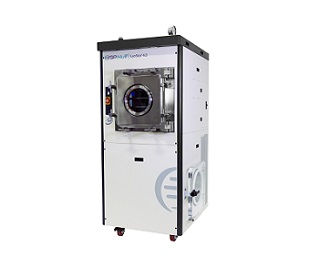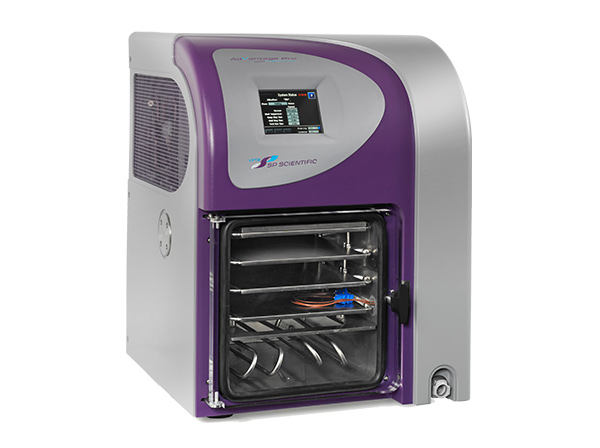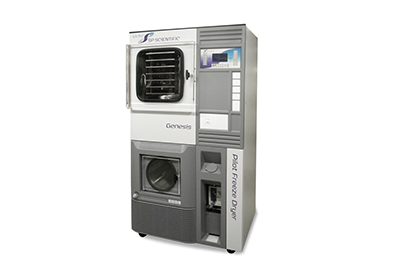生命科学
+
食品安全
+
材料
+
制药
+


样品前处理
+
环境
+
生物化学
+
化工
+
石油化工
+
实验室
+
Polymerase chain reaction (PCR) is a method widely used in molecular biology to make many copies of a specific DNA segment. PCR enables a small amount (as low as a single copy) of DNA of a particular target/test sample to be exponentially amplified to generate thousands to millions more copies of that particular DNA segment. A precursor reverse transcript process (RT-PCR) can also be added if the target sample is RNA. The RT process first converts the RNA to DNA, and then the PCR process follows with DNA amplification.
These are the typical reagents and components involved in a typical PCR method and the role that they each play:














